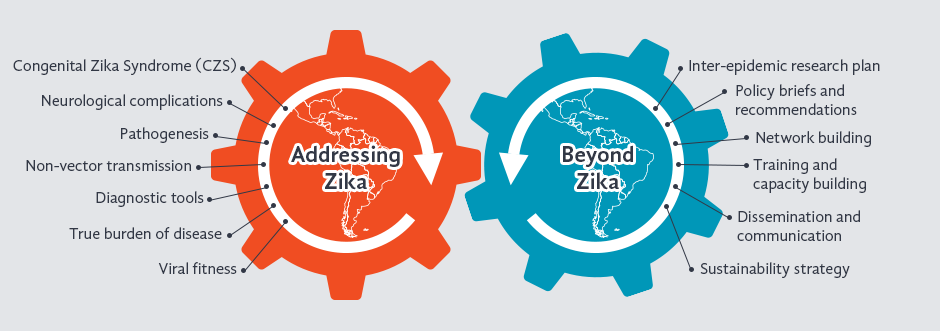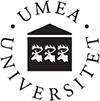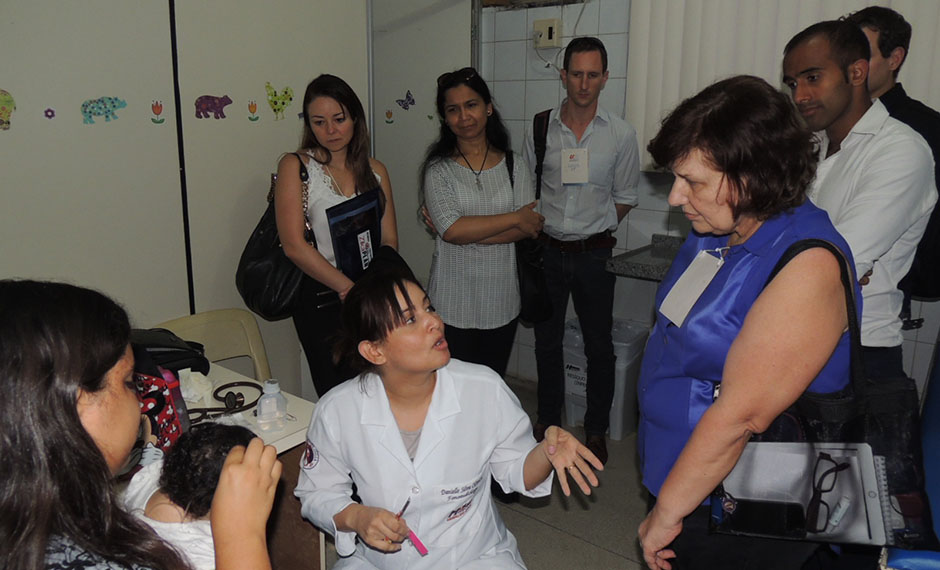Fighting Zika Virus and Building Long-term Outbreak Response Capacity in Latin America
ZikaPLAN (Zika Preparedness Latin American Network) brings together 25 leading research and public health organizations in Latin America, North America, Africa, Asia, and Europe, taking a comprehensive approach to tackle the Zika threat.
Why ZikaPLAN?
A new threat raises new questions
The rapid impact of the Zika outbreak in Latin America requires a rapid worldwide response. The severity of the outbreak and the mutation of the virus have led to a great number of, as yet, unanswered research questions.
In the short term, this required the implementation of effective measures to answer these questions. To achieve this, health authorities needed to learn more about the severity of the disease, its impact on public health, how effectively to prevent and stop its spread, and the best ways to manage and treat those who have been infected.
It became clear, in this unprecedented Zika outbreak, that building local capacities was vital. In some of the regions where the virus struck, understanding the threat of this disease and the subsequent necessary and rapid implementation of measures to combat it, proved impossible, as the research infrastructure simply did not exist.
ZikaPLAN’s Aim
From urgent response to long term capacity
- to address ZIKA by tackling knowledge gaps and needs in key areas of interest to the current Zika outbreak
- to prepare for beyond Zika by building a sustainable Latin-American Emerging Infectious Diseases Preparedness and Response capacity
The project work plan was designed to address these dual, complementary objectives and includes: comprehensive, encompassing epidemiological surveillance, clinical studies, the development of innovative diagnostic tools and control strategies, in addition to education and knowledge sharing. Although Zika incidence declined dramatically within a year of its emergence, all predictions indicate that it can return in 5-10 years or explode in other parts of the world.

ZikaPLAN objectives
ZikaPLAN Funding

ZikaPLAN was created in response to a Horizon 2020 funding call by the European Commission’s Directorate-General, Research and Innovation. The initiative has received funding under grant agreement number 734584.
A Global Effort
ZikaPLAN works closely with two other European Union-funded consortia, ZIKAction and ZIKAlliance, to establish a Latin American and Caribbean network. This network addresses the broader issue of building local capacity in Latin America to prepare for and rapidly launch a large-scale research response to emerging infectious disease threats. The three consortia also have common bodies for the global management of scientific programs, communication, and ethical, regulatory and legal issues.
How is ZikaPLAN Organised?
 ZikaPLAN is coordinated by an Executive Board comprised of Prof. Annelies Wilder-Smith, from the University of Umeå, as Director, Prof. Eduardo Massad, from the Fundação de Apoio à Universidade de São Paulo, as Deputy Director and 15 working group leaders from partner organisations. Independent ethical, scientific and industrial advisory boards provide guidance.
ZikaPLAN is coordinated by an Executive Board comprised of Prof. Annelies Wilder-Smith, from the University of Umeå, as Director, Prof. Eduardo Massad, from the Fundação de Apoio à Universidade de São Paulo, as Deputy Director and 15 working group leaders from partner organisations. Independent ethical, scientific and industrial advisory boards provide guidance.
"ZikaPLAN brings together a wealth of expertise from around the world. We are all excited to be working with highly experienced Brazilian researchers who have already accumulated significant data. This is also an opportunity to build a network in Latin America and the Caribbean for disease threats beyond Zika."
ZikaPLAN Scientific Coordinator, Prof. Annelies Wilder-Smith (University of Umeå, Sweden)
